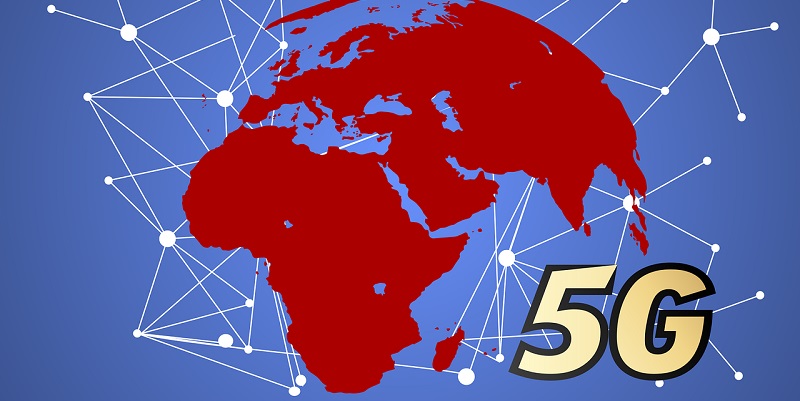In our rapidly evolving digital world, technology continues to reshape various industries, including education. To keep pace with the changing needs of students and educators, educational institutions are increasingly embracing innovative solutions. One technology that holds immense promise for the future of education is private 5G networks. These networks have the potential to address several challenges faced by the education industry, from connectivity issues to data security concerns. In this article, we will explore how private 5G networks can transform education and revolutionize the learning experience.
Addressing Challenges in Education
In many educational institutions, there are areas with poor Wi-Fi connectivity or cellular coverage. These connectivity gaps can hinder students and educators from fully utilizing digital resources, online collaboration tools, and other educational technologies. Private 5G networks can provide seamless connectivity throughout the campus, eliminating dead zones and ensuring that all areas have reliable access to the internet. This enables uninterrupted learning and facilitates the use of technology in classrooms, libraries, and outdoor spaces.
Low Latency for Interactive Learning
Applications like virtual reality (VR), augmented reality (AR), and remote labs require low latency to deliver a real-time and immersive learning experience. Traditional networks often struggle to provide the low latency required for these interactive learning tools. However, private 5G networks offer ultra-low latency, enabling smooth and interactive learning experiences. Students can engage with VR simulations, collaborate in AR environments, and conduct real-time experiments through remote labs. This technology opens up new possibilities for hands-on, experiential learning that transcends physical boundaries.
Data Security and Privacy
Educational institutions handle vast amounts of sensitive student data, ranging from personal information to academic records. Ensuring the security and privacy of this data is of paramount importance. Private 5G networks provide advanced security features, such as network slicing and encryption, to protect data and safeguard privacy. With dedicated network segments and robust encryption protocols, educational institutions can significantly reduce the risk of data breaches, ensuring the trust and confidence of students, parents, and other stakeholders.
Remote Learning and Collaboration
The rise of remote and hybrid learning models has posed new challenges for educational institutions. To support online classes, video conferencing, and collaborative tools, reliable and high-performance networks are essential. Private 5G networks can offer the necessary bandwidth, reliability, and low latency required for seamless remote learning experiences. Students and teachers can engage in real-time interactive sessions, access online resources smoothly, and collaborate on projects regardless of their physical locations. Private 5G networks empower educational institutions to provide high-quality remote education while bridging the physical distance between learners and educators.
Competitive Advantage for Educational Institutions
Private 5G networks not only address existing challenges but also offer educational institutions a competitive advantage. By adopting this technology, institutions can demonstrate their commitment to providing state-of-the-art infrastructure and services, thereby attracting students, faculty, and research opportunities. Private 5G networks offer a robust foundation for implementing emerging technologies like Internet of Things (IoT) devices, smart classrooms, and personalized learning platforms. This technology-driven environment enhances the overall learning experience, making educational institutions stand out in a highly competitive landscape.
Private 5G networks represent a game-changing solution for the education industry. By addressing connectivity issues, enabling low-latency interactive learning, ensuring data security, and supporting remote collaboration, these networks have the potential to revolutionize education. Educational institutions that adopt private 5G networks can offer students and educators access to seamless connectivity, immersive learning experiences, and advanced security measures. The evolution of education through private 5G networks opens up endless possibilities for personalized and engaging learning, shaping the future of education in the digital era.

